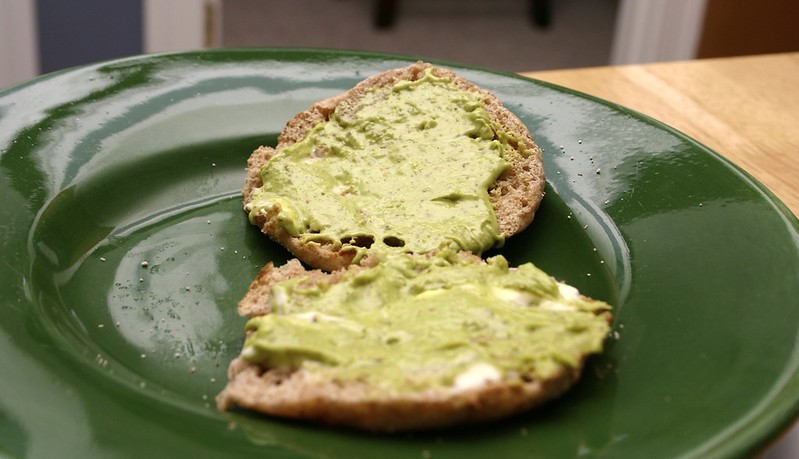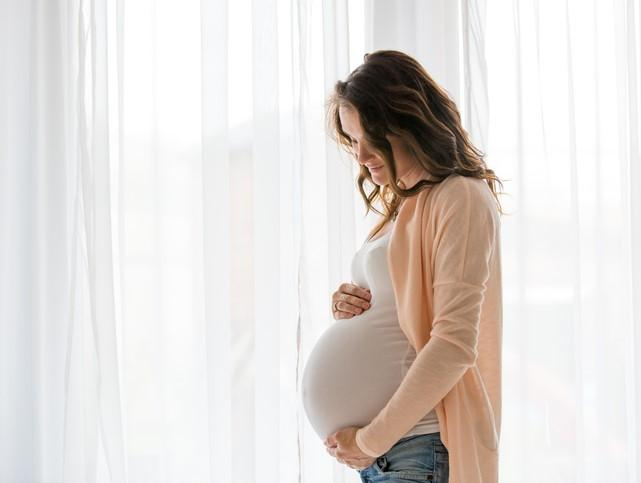
Almost 20% of people who were hospitalized for COVID-19 infections early in the pandemic still had signs of impairment with brain function 2 years after infection, finds a new study in Scientific Reports.
The study population came from Portugal, in a region hit hard by the first wave of the COVID-19 pandemic. Based on hospital admission episodes and SARS-CoV-2 infection status from March 2020 to February 2021, the authors identified four groups: group 1 (101) hospitalized for COVID-19 infections, group 2 (87) hospitalized but uninfected with COVID-19, group 3 (252) infected but not requiring hospitalization, and group 4 (258) uninfected and not hospitalized for any reason.
Cognitive assessments were conducted in two parts 2 years after infection, a general screening using the Montreal Cognitive Assessment and a subsequent neuropsychological assessment conducted by one of four psychologists if the score of the general screening was low. Overall, verbal memory, visual memory, executive functions, language, and information processing speed and attention were evaluated.
ICU stay tied to increased cognitive impairment
The authors found that the prevalence of cognitive impairment at 2 years was 19.1%, 6.8%, 10.7%, and 3.2%, in groups 1, 2, 3, and 4, respectively. Notably, hospitalized patients (groups 1 and 2) more often had three or more impaired cognitive domains than the non-hospitalized participants (54.6% vs 19.4%).
Cognitive impairment was more than five times higher in group 1 (adjusted odds ratio, 5.39, 95% confidence interval, 1.54 to 18.92) than in group 2. Higher odds of cognitive impairment were linked to older age (58 years and older), a history of clinical anxiety, and lower levels of education.
Intensive care unit admission and hospitalization for 15 or more days was also associated with cognitive impairment.
Infection with SARS-CoV-2 during the first year of the pandemic was associated with three to five times higher odds of cognitive impairment 2 years after infection
"Infection with SARS-CoV-2 during the first year of the pandemic was associated with three to five times higher odds of cognitive impairment 2 years after infection," the authors concluded. "Survivors of the disease may require special attention from clinical doctors to diagnose and treat cognitive impairment."














